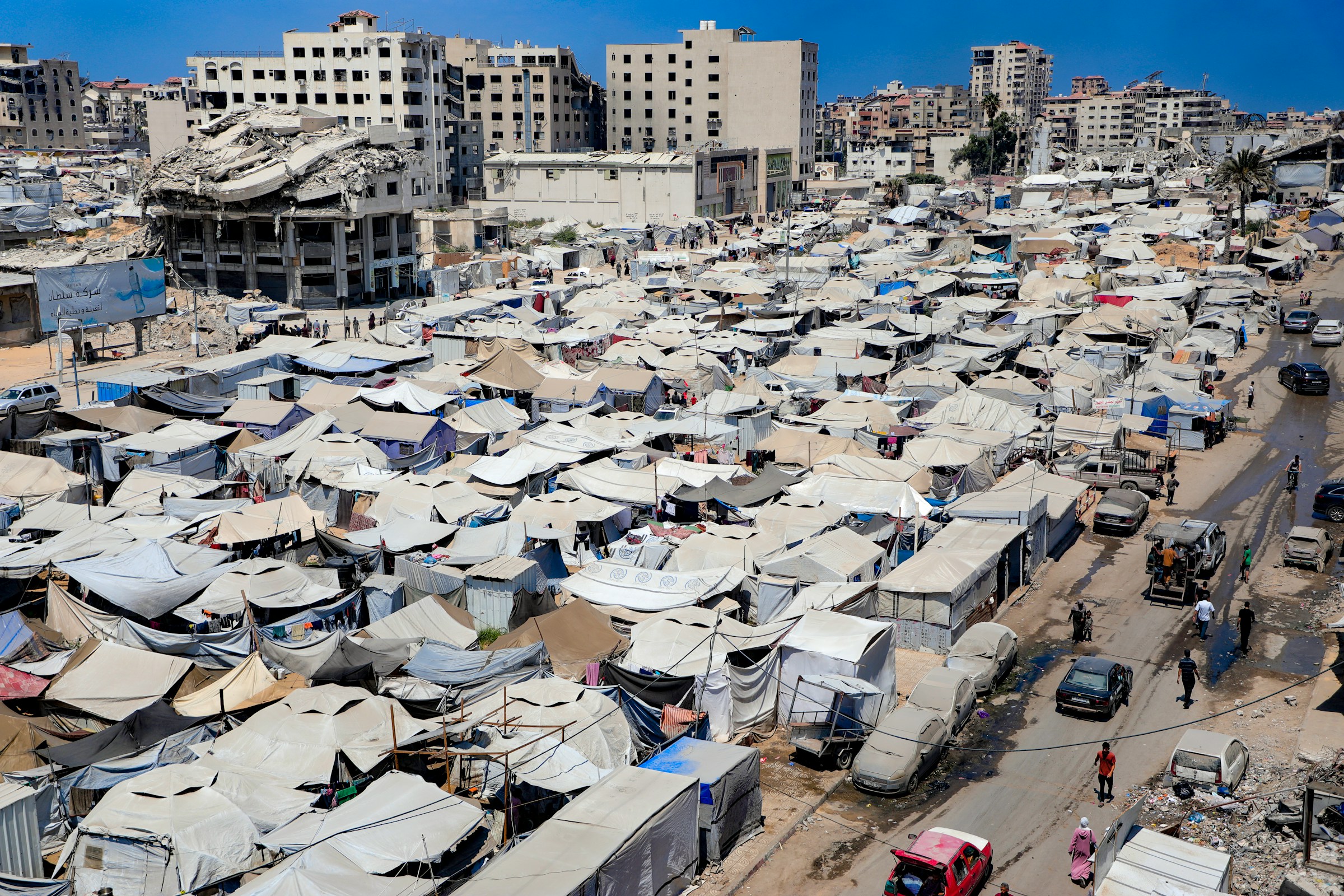Indonesia’s plan to fly severely wounded Palestinians and their accompanying family members to Galang Island is more than a logistics exercise. It is a signal of humanitarian leadership calibrated against a charged geopolitical backdrop where any off-territory care can be misread as tacit support for demographic engineering in Gaza. The headline number, up to 2,000 patients, is small in relation to need, yet meaningful in diplomatic terms because it requires access agreements, staging, and public positioning that align Indonesia’s humanitarian brand with its long-stated opposition to forced displacement. Reuters and local agencies report that the facility, a repurposed COVID-era hospital on the once uninhabited island south of Singapore, will serve as a temporary treatment and shelter site, with patients expected to return to Gaza after recovery.
Criticism at home has focused on whether the mission risks validating a controversial external narrative, namely that third countries should absorb large numbers of Gazans to ease pressure on Israel. The government has pushed back, framing the operation as time-bound medical care rather than relocations, and reiterating Indonesia’s support for a two-state outcome. That framing matters because reporting in mid-July highlighted Israeli political interest in relocating Gazans to third countries, a concept widely condemned in legal and human-rights circles. Jakarta’s insistence on return after treatment is therefore not just a humanitarian detail, it is a political guardrail.
The choice of Galang Island carries symbolic and practical logic. Symbolically, it connects to Indonesia’s history of hosting refugees, notably Vietnamese asylum seekers, while keeping operations physically separated from dense urban centers. Practically, it provides a controlled perimeter for medical care, lodging, and security without straining Java-centric infrastructure. Historical accounts of Galang’s use as a refugee site and more recent conversion into a COVID-19 facility underline its suitability for rapid stand-up and containment of communicable risk.
Policy execution will hinge on access and sequencing rather than bed counts. Indonesia will need overflight and landing clearances, medical triage handoffs, and diplomatic coordination with actors that control Gaza’s exit gates. The plan’s success therefore rides on a tacit corridor arrangement with parties whose positions are fluid as fighting extends to Gaza’s remaining displacement zones. In that setting, Jakarta’s choice to publicly commit to a capped, medical-only intake reduces the risk of mission creep while creating pressure to secure narrow, lifesaving access, even as the conflict’s center of gravity shifts.
Domestically, the initiative fits a broader foreign-policy posture that blends non-alignment with humanitarian activism. It offers President Prabowo a way to demonstrate capability and compassion without softening Indonesia’s legal stance against annexation or ethnic cleansing. The communications line that patients will go home matters as a credibility anchor to religious leaders and civil society groups that are deeply sensitive to any move that could be construed as facilitating population transfer. Internationally, it positions Indonesia inside an informal coalition of Muslim-majority states that provide tangible relief while resisting structural solutions that normalize displacement. Coverage by global media has already framed the move as carefully bounded, precisely to avoid the appearance of resettlement.
Capacity and optics will still be tested. Two thousand patients and accompanying family units imply a population closer to five or six thousand once caretakers and children are included, which raises questions about throughput, length of stay, and medical complexity. The government’s insistence that this is not an evacuation to Indonesia, but a temporary treatment cycle with return, sets a high bar for case selection and discharge protocols. It also commits Jakarta to transparent timelines, clear clinical criteria, and coordination with international agencies to ensure that “return” is feasible rather than rhetorical. Early statements from Indonesian officials, echoed by state media, emphasize those constraints, which is prudent because any slippage will be politicized.
There is a reputational dividend if the corridor works. A functioning medical air bridge would showcase Indonesian logistics and reinforce its credibility in multilateral fora, including the OIC and G20 humanitarian tracks. It could also create a replicable template for narrow, time-bound medical relief that other Southeast Asian states could support, for example through surgical teams or convalescent care rotations. Yet none of this resolves the core political contest over Gaza’s future. Rights groups have documented patterns of forced displacement and deprivation in the strip, and those findings will frame how any third-country medical program is perceived, regardless of intent.
What it signals: Indonesia is trying to expand the humanitarian envelope without crossing its red lines on sovereignty and return. By anchoring the Indonesia Galang Island Gaza medical evacuation to temporary care and repatriation, Jakarta is drawing a distinction between relief and resettlement, between medical duty and demographic engineering. The distinction is tight, operationally demanding, and politically exposed, yet it is the only configuration that preserves both humanitarian impact and policy coherence. Markets will not move on this news, but ministries, aid agencies, and air planners already have.













-1.jpg&w=3840&q=75)

